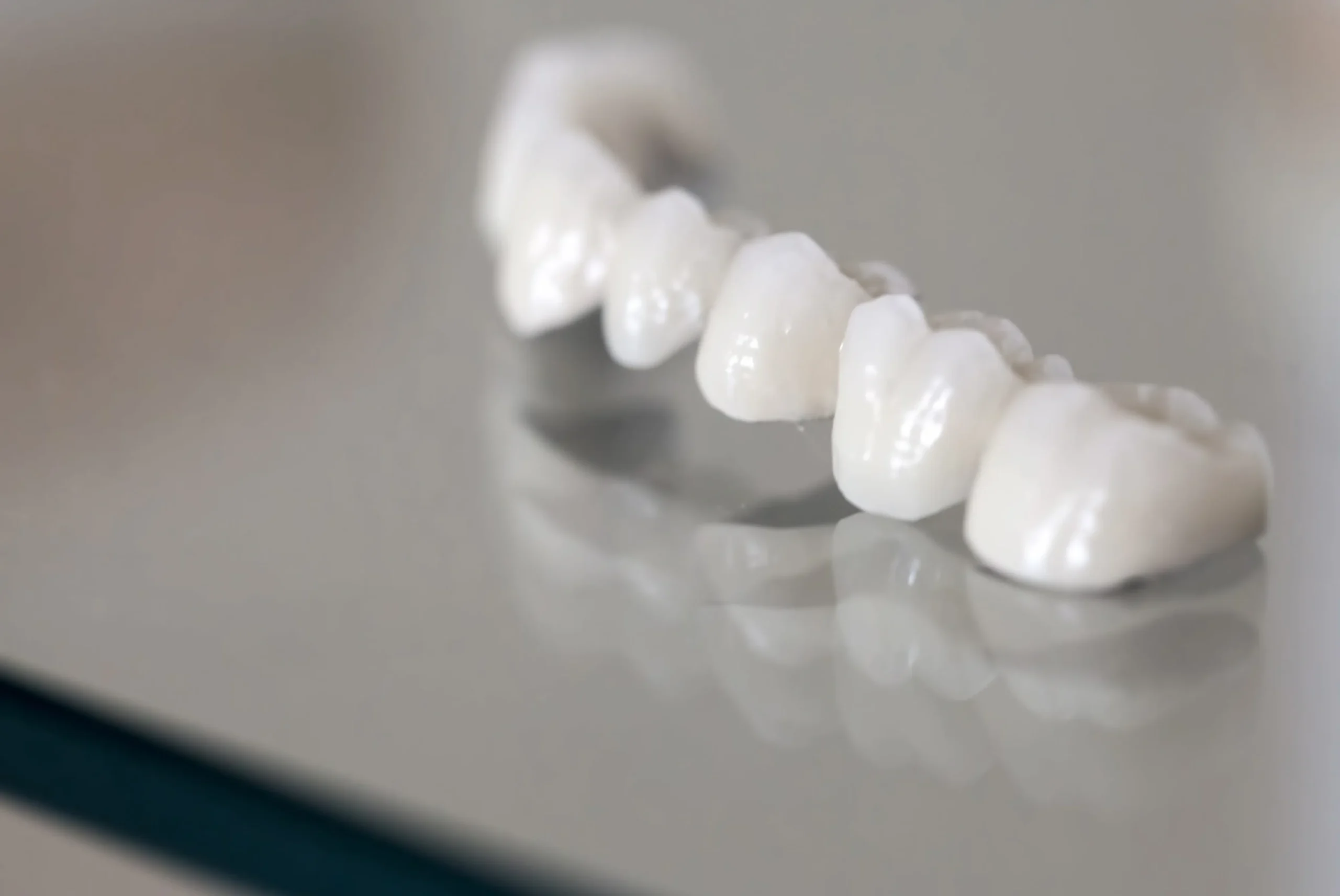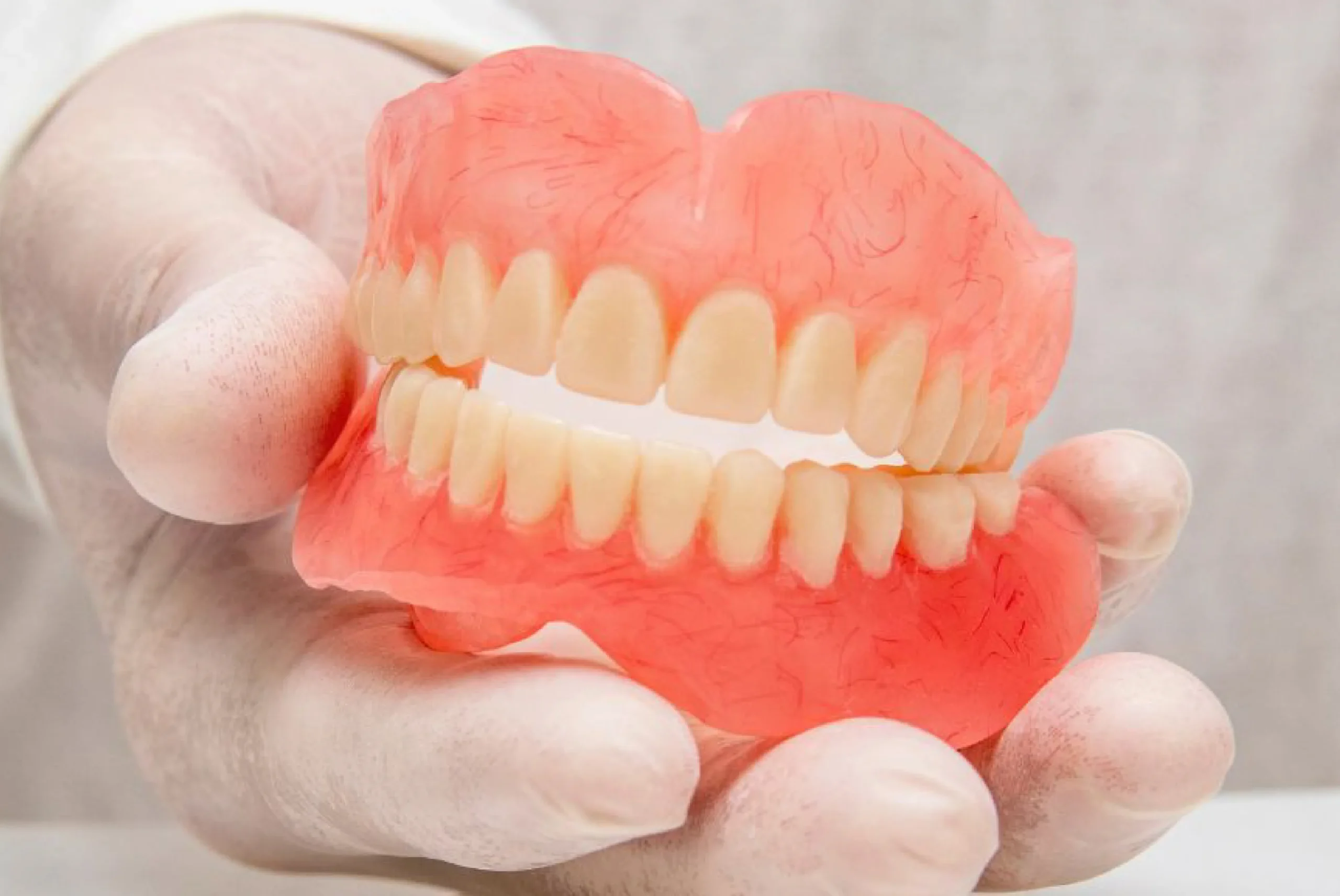A toothache can be one of the most excruciating and bothersome types of pain that a person can experience. The pain of toothache can range from mild discomfort to intense, throbbing agony, which can make daily activities unbearable. In this article, we will discuss in detail what is a toothache, its causes, symptoms, and how you can manage and treat it effectively.
What Is a Toothache?
To begin, let’s first understand what a toothache is. A toothache is any pain or discomfort that occurs in or around a tooth. It can be caused by various factors, including infections, cavities, gum disease, or trauma. The pain of toothache often originates from the pulp, the soft tissue inside the tooth, which contains nerves and blood vessels. When this area becomes irritated or infected, it can lead to intense pain, making it difficult for individuals to focus on anything other than the discomfort.
What Are the Causes of Toothache?
The causes of toothache can be numerous, and understanding them can help you prevent or manage the pain effectively. Some of the most common causes of toothache include:
- Tooth Decay: Cavities are one of the most common causes of toothache. When bacteria in the mouth break down food particles, they produce acids that can erode the tooth enamel. This leads to the formation of cavities, which may result in tooth sensitivity or severe pain of toothache if untreated.
- Gum Disease: Another common cause of toothache is gum disease (gingivitis or periodontitis). Inflammation of the gums can lead to discomfort around the teeth, causing the pain of toothache. When gum disease is left untreated, it can result in tooth loss.
- Tooth Fractures: A cracked or broken tooth can cause intense pain, especially if the crack reaches the pulp. The pain of toothache caused by a fracture can be sharp and sudden, often aggravated by biting or chewing.
- Tooth Abscess: An abscess is an infection at the root of the tooth or between the gum and the tooth. This can cause severe pain of toothache that may radiate to the jaw, neck, or ear. Abscesses are serious and require prompt medical treatment.
- Bruxism: Teeth grinding, known as bruxism, is another potential cause of toothache. The repetitive grinding of teeth can wear down enamel, leading to sensitivity and discomfort.
- Sinus Infection: Sometimes, a toothache can be referred pain from a sinus infection. This condition is known as sinusitis, where the pressure in the sinus cavities can create a dull, aching sensation in the upper teeth.
- Impacted Wisdom Teeth: The eruption of wisdom teeth can lead to pain, as they may become impacted and put pressure on surrounding teeth. This results in the pain of toothache in the back of the mouth.
What Are the Toothache symptoms?
It is essential to recognize the toothache symptoms to identify the problem and seek appropriate treatment. The toothache symptoms can vary depending on the cause, but the most common signs include:
- Sharp or Throbbing Pain: A sharp, shooting pain, or a persistent throbbing sensation is often felt when there is damage to the tooth or infection in the pulp.
- Tooth Sensitivity: If the pain of toothache occurs when consuming hot, cold, or sweet foods and drinks, this could be a sign of tooth sensitivity or enamel erosion.
- Swelling and Redness: If the toothache symptoms are accompanied by swelling or redness in the gums or around the tooth, it may indicate an infection, abscess, or gum disease.
- Bad Taste or Odor: In the case of an abscess or infection, a foul taste or odor may emanate from the affected tooth or gum area.
- Difficulty Chewing: The pain of toothache can make it difficult to chew food, especially if the tooth is cracked or if there is significant swelling.
- Fever: In some cases, especially with an abscess or severe infection, fever may be present as part of the toothache symptoms.
How Is Toothache Diagnosed?
When you visit a dentist with the complaint of pain of toothache, they will perform a thorough examination to determine the cause. The dentist will typically take X-rays to get a clear view of the tooth’s structure and surrounding bone. Additionally, the dentist will examine the gums, teeth, and any signs of infection. By determining the root cause, they can recommend the most effective treatment plan.
What Are the Treatment Options for Toothache?
There are several treatment options available depending on the causes of toothache and the severity of the symptoms. Some of these treatments include:
- Pain Relief: For temporary relief from the pain of toothache, over-the-counter pain relievers such as ibuprofen or acetaminophen can help alleviate discomfort. These should only be used as a short-term solution until a dentist can assess the situation.
- Dental Fillings: If the toothache is caused by cavities, a dentist will clean out the decayed part of the tooth and fill it with a dental filling. This helps restore the tooth and eliminate the source of pain.
- Root Canal Treatment: When the pain of toothache is caused by infection or damage to the pulp, a root canal treatment may be required. The procedure involves removing the infected tissue inside the tooth, cleaning the area, and filling it to prevent further infection.
- Tooth Extraction: In cases where the tooth is severely damaged or decayed and cannot be saved, the dentist may recommend tooth extraction. This is often necessary if the toothache is caused by advanced infection or decay.
- Antibiotics: If there is an infection causing the pain of toothache, the dentist may prescribe antibiotics to help clear the infection before performing any further procedures.
- Dental Splints or Guards: For those with bruxism, wearing a dental splint or mouth guard can help prevent grinding and reduce the pain of toothache caused by this condition.
- Gum Disease Treatment: If gum disease is found to be the cause of the toothache, a dentist may perform a deep cleaning to remove plaque and tartar from below the gumline. In severe cases, surgical procedures may be required to restore the gums.
How Can You Prevent Toothache?
While it may not always be possible to avoid the pain of toothache, there are several steps you can take to reduce the risk of developing toothaches in the future:
- Brush and Floss Regularly: Proper oral hygiene is crucial in preventing tooth decay and gum disease, two common causes of toothache. Brush your teeth twice a day with fluoride toothpaste and floss daily to remove food particles and plaque.
- Regular Dental Checkups: Regular dental visits allow your dentist to spot any issues early, such as cavities or gum disease, before they cause significant pain or damage. Routine checkups can also help catch the early symptoms of toothache and prevent more serious problems.
- Avoid Sugary and Acidic Foods: Foods high in sugar or acid can contribute to tooth decay and enamel erosion, which are frequent causes of toothache. Minimize your intake of sugary snacks and drinks, and rinse your mouth with water after consuming acidic or sugary foods.
- Wear a Mouthguard: If you grind your teeth at night, consider wearing a mouthguard to protect your teeth and reduce the risk of the pain of toothache caused by bruxism.
- Stop Smoking: Smoking contributes to gum disease, which can lead to the pain of toothache. Quitting smoking can significantly improve your oral health and reduce the likelihood of gum infections.
When to Seek Professional Help?
If you experience the pain of toothache that lasts more than a few days or if the pain becomes severe, it is essential to consult a dentist. Early intervention can prevent further complications, such as abscess formation or tooth loss. Ignoring the symptoms of toothache can lead to more severe issues that may require invasive treatments.
Conclusion
In conclusion, the pain of toothache is a common issue that can result from a variety of causes, including cavities, gum disease, tooth fractures, and infections. Recognizing the symptoms of toothache and understanding the causes of toothache can help you take prompt action to seek treatment and avoid more serious complications. Whether the pain is mild or severe, early intervention is key to ensuring your oral health remains in good condition. By practicing good oral hygiene, visiting the dentist regularly, and addressing any dental issues promptly, you can reduce the risk of experiencing the pain of toothache in the future.




